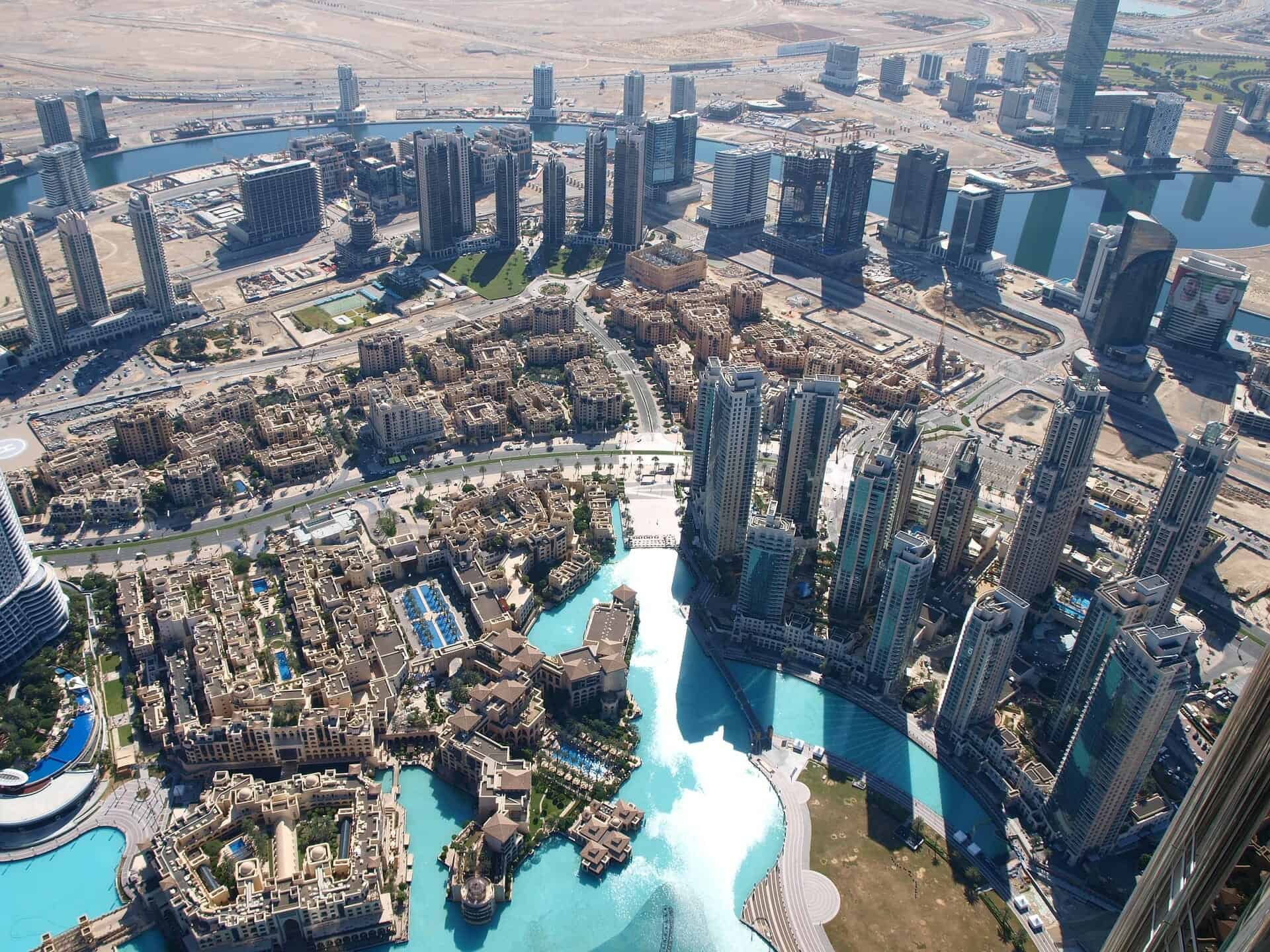Dubai’s non-oil economy continued to grow in October, courtesy of a sharp rebound in new orders and increased tourism activity at the start of Expo 2020.
The seasonally adjusted IHS Markit Dubai Purchasing Managers’ Index climbed to 54.5 in October, from 51.5 in September, marking the sharpest improvement in business conditions for exactly two years.
A reading above 50 indicates economic expansion while one below points to a contraction.
According to the IHS Markit survey, with the easing of travel restrictions, supply chains also started to improve, while output grew at the fastest rate for more than two years.
The surge in demand meanwhile led to the strongest outlook for future activity since March 2020, it said.
The survey covers the Dubai non-oil private sector economy, with additional sector data published for travel & tourism, wholesale & retail and construction.
David Owen, an economist at IHS Markit, said, “Dubai began the fourth quarter of the year in a strong position, with PMI data signaling the fastest rise in new orders for two years as Expo 2020 brought increased client demand and tourist numbers.”
He said the initial surge in sales contributed to a sharp expansion in activity, suggesting that the economy is well on the way to recovering from the pandemic.
“Job creation was again signaled across only a small proportion of the survey panel in October. However, with tourism reviving and capacity pressures growing, this will likely improve in the coming months,” he said.
After a slight fall in September, new business volumes were back on the up at the start of the fourth quarter, the survey said.
The rate of growth was sharp and the quickest since October 2019. The recovery of tourism activity as flights resumed was a key factor behind the upturn, according to the survey, as visitor numbers surged amid the opening of the Expo 2020.
Firms reported an increase in client orders both at home and abroad, although the rise in export sales was the least marked for three months.
Growth accelerated across each of the construction, travel & tourism and wholesale & retail sectors, with the latter seeing the greatest pick-up from September.
Construction firms continued to see the strongest overall speed of recovery. Despite ticking higher in October, the pace of job creation across the non-oil private sector was only marginal, the survey said.
Staff hiring was partly linked to a rise in backlogs of work, which was solid despite easing slightly from the previous month. Inventories of inputs were broadly unchanged at the start of the fourth quarter.
Firms commented on increased confidence that supply chains would strengthen following disruption from COVID-19 measures, which was signaled by the first reduction in overall delivery times since January, the survey said.
Price pressures were muted again in October, as businesses signaled a marginal increase in input costs that were the joint weakest for eight months (level with September).
Higher prices for raw materials such as steel led to a slight uptick in purchase costs. This encouraged firms to lower their output charges for the fourth month in succession.
The business confidence of firms improved sharply in October and overall expectations were at their highest since March 2020, although they remained weak compared to pre-Covid levels.








